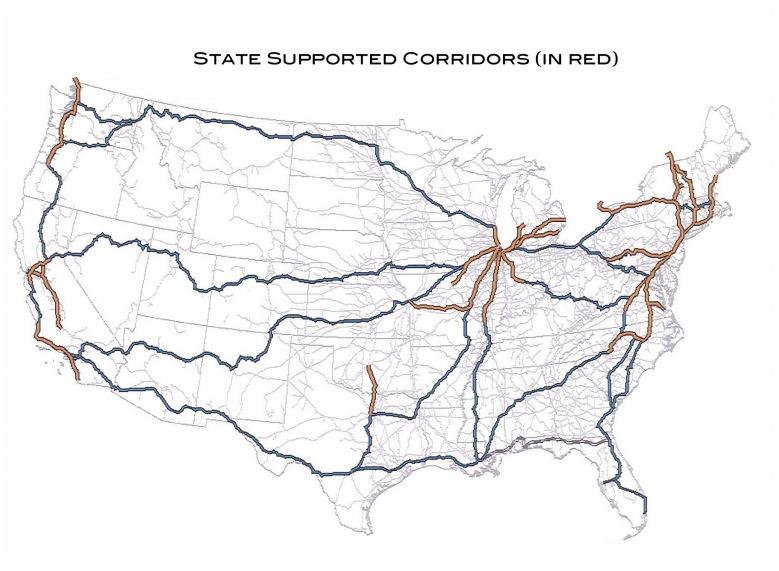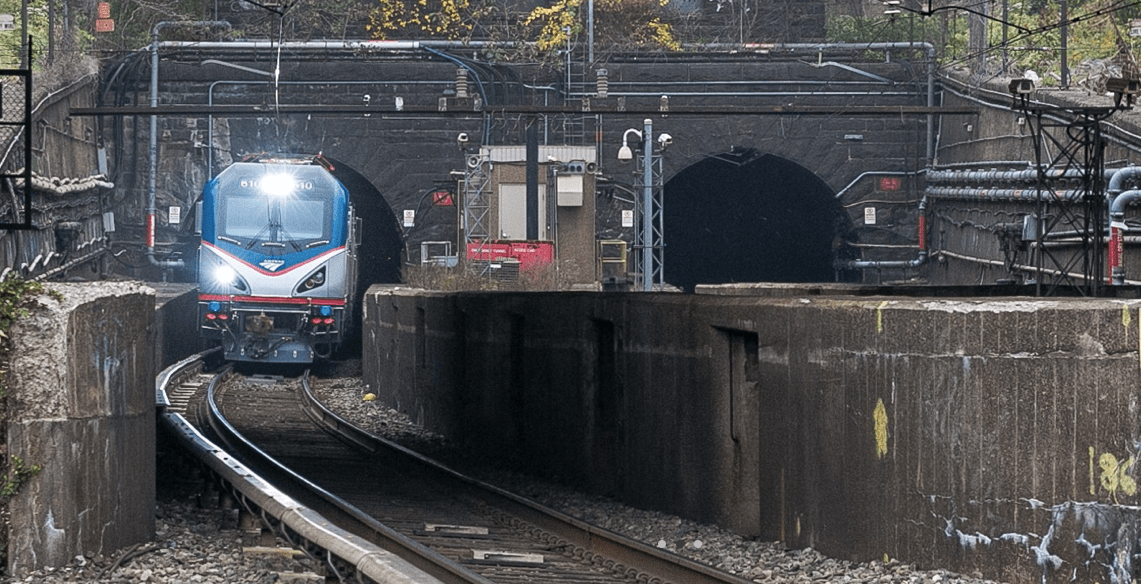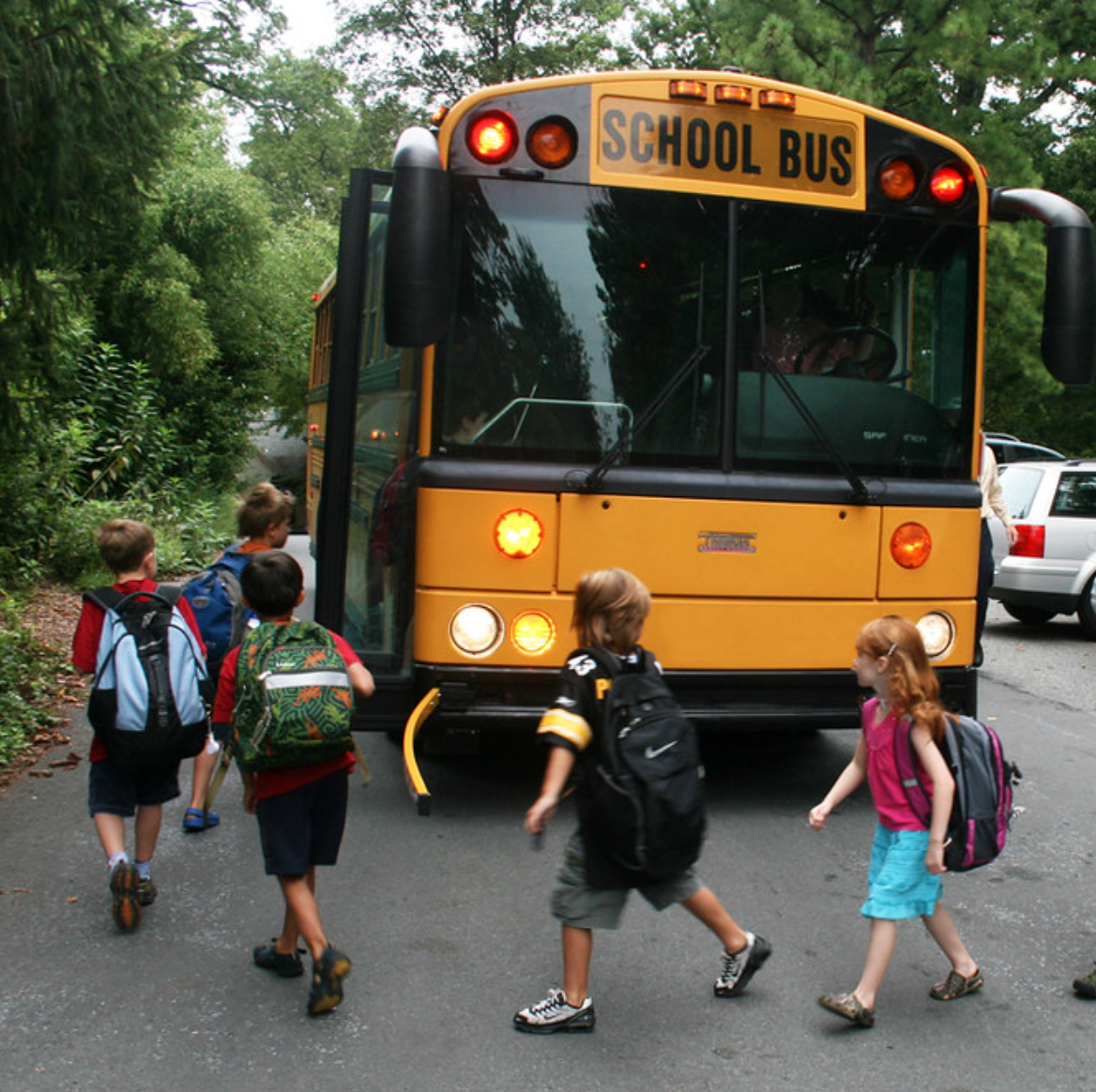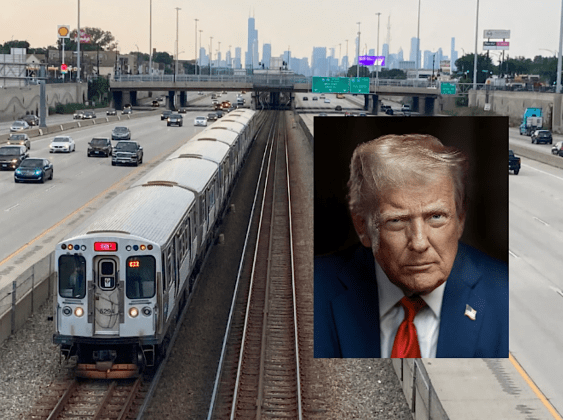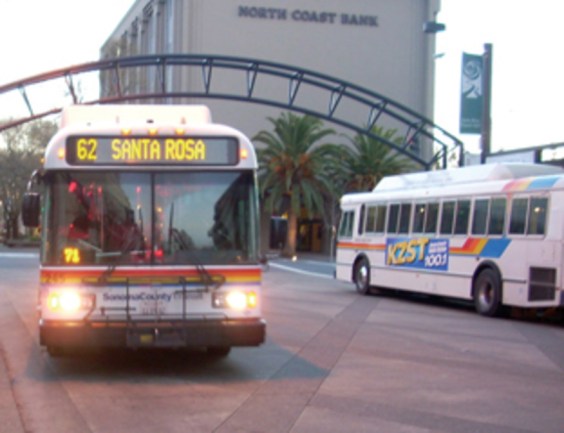In about an hour, Congressional appropriators will vote on how much money to allocate for transportation in the next fiscal year. It won't be pretty.

The House Appropriations Subcommittee on Transportation, Housing and Urban Development (THUD) is planning deep cuts to many programs, some reminiscent of House Budget Committee Chair Paul Ryan's notorious budget proposal, which wanted to slash transportation spending by about a third.
The subcommittee is led by Iowa Republican Tom Latham, whom we profiled when he took the gavel. At the time, we were worried he would end up cutting important livability programs, and here he is, doing exactly that.
At least transit and highway spending share the pain, both getting cut the same 34 percent. Highway funding goes from about $41 billion to $27 billion; transit funding (excluding New Starts) goes from $8.3 billion to $5.3 billion.
Bizarrely, the bill regresses to a pre-cooperation era and returns to the age of agency silos. One great accomplishment of the Obama administration has been the Sustainable Communities Partnership which joined USDOT, HUD and the EPA to work together on common development programs, planning inexorably linked programs of housing and transportation in conjunction with each other, and in consultation with the environmental regulator. But the appropriations bill prohibits HUD from using any funding for anything related to the Partnership.
In his excellent analysis of the dismal news, Transportation for America's Stephen Lee Davis also delivers this blow: the innovative TIGER grants, TIGGER grants and high-speed rail programs are cut entirely. And more, Davis writes:
The New Starts transit program, which essentially funds all new transit system construction, gets cut to $1.55 billion down from $2 billion in FY10. In addition, a policy tweak is made that requires state or local funds to make up more than 50 percent of any new grant agreements. Or put another way, the feds will no longer cover more than half of any New Starts transit project, exacerbating an existing gap between the share the government will pay for transit vs. highway projects. (Highway projects get around 80 percent of their funds from the federal government.)
Existing passenger rail service faces deep cuts of its own. Amtrak’s capital budget (new rolling stock, new lines, equipment, etc.) is cut by $24 million (from $922 million to $898 million; down from $1 billion in 2010), but the operations budget is where Amtrak takes a big hit, going from $563 million to $227 million. On top of that, an important policy change will prevent Amtrak from using any of their operating funds on state-supported lines — lines where a state has partnered with Amtrak to increase passenger rail service and ridership. To put that change in perspective, in 2010 9 million rides were taken on state-supported routes.
The bill also prohibits any new RRIF loans or loan guarantees. RRIF is a loan program, like TIFIA for rail projects, which has received significant attention over the last year. Cumbersome rules and application processes have resulted in the program being seriously undersubscribed, spending just $1 billion of the $35 billion it has at its disposal. Republicans have held hearings to work on improving the program, but now it appears they'd rather just leave it for dead.
There is a silver lining to this disastrous bill, Davis says, and it's that the incompetence and intransigence that we've seen lately in Congress will keep it from becoming law -- for a long time, at least. Remember, the fiscal year ends September 30 -- the red-letter day when the current SAFETEA-LU extension and the gas tax also expire -- and Congress is nowhere near ready to pass a consensus 2012 budget out of both houses.
That means that we can look forward to another budget extension, and possibly a whole string of extensions. That doesn't necessarily mean it will be a clean extension -- lately, Republicans have been flexing their muscle to demand spending cuts, even on extensions. But we won't see this bill enacted for quite a while, if ever.
